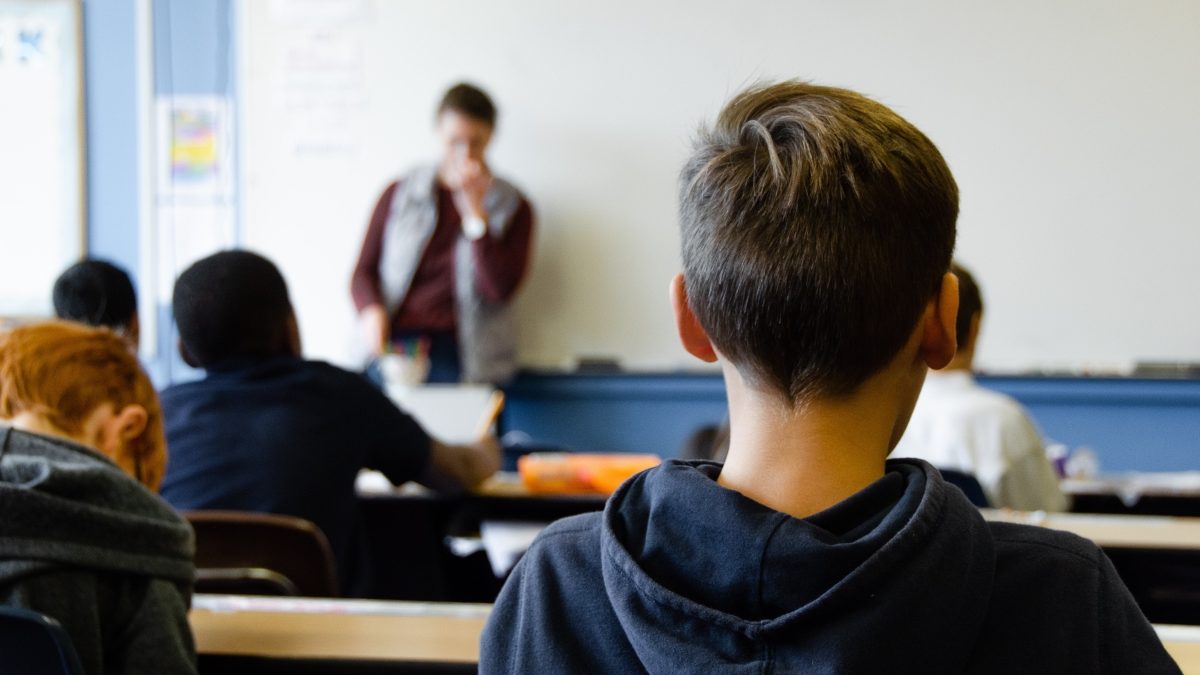Developing students’ speaking skills is the biggest challenge in teaching a second language. Therefore, making speaking practice a vital a vital element in every lesson for student development and progress.
Luckily the learning language classroom is no longer just about practicing dialogues or reading text. There are so many great game ideas to get your students speaking. And now a firm recognition that these games are essential for student confidence and practice. So often, shy students will underperform in this area, and is it any surprise?
When called upon in class to speak, many students simply clam up and can’t find the words. This is frustrating for students, teachers, and parents resulting in students feeling demotivated and disengaged. But the use of games in the classroom, either remotely or in person, can change all of this.
During learning games, students are not focused on structures or pronunciation. Instead, it becomes about the function of the language, enjoyment, fun, and competition. Students must use the language correctly, think creatively, and work as a team to win these games… Games aren’t just about enhancing speaking skills.
They are also vital for the development of critical thinking, creativity, and teamwork. And most importantly, games enable shy, lower proficiency students to participate fully in class confidently and engagingly.
When deciding on games to enhance your students’ speaking skills, be mindful that they are suitable for the level of proficiency and are not too complicated. If a game is too complicated, then it will backfire, and you will end up with a class of confused students! Instead, try out some of the game ideas below to enhance your speaking skills to play with your classmates!

Game Ideas
2 Truths and a Lie
For this activity, ask students to write three facts about themselves that no one knows. 2 must be accurate, and one must be a lie. Then, the class needs to guess which one is true by asking the student about their facts.
Back to the Board
For this activity, one student sits at the front of the classroom with their Back to the Board. The teacher writes a noun, action, or other relevant vocabulary or structure on the Board. The rest of the class must describe what is written without saying the words. The student at the front must guess what is written on the Board from their clues.
Pictionary Taboo
Taboo is a little like the Back to the Boardgame, and there are many variations you can use without a whiteboard. This game can produce a lot of laughter, so get ready!
Debates
Give each student a piece of paper with “agree” written on one side and “disagree” on the other. Readout a controversial statement, and each student must hold up their paper to indicate if they agree or disagree. Choose a couple of students from each team to express their opinion on the topic. You could extend the game and have team members from the other side counter any points made, turning into a real debating class.
Adventures in English with Cambridge
This is an online game created by Cambridge English in the world of Minecraft. You can play it in class or remotely. Students solve word puzzles, play games, and need to communicate with each other in English to achieve tasks. Worried you’re not sufficiently Minecraft proficient? Don’t be. There is plenty of guidance out there if you run into a problem.
The Final Word
Games in the classroom work. Students are more likely to be focused on using the language to win and competition on structures and accuracy. In doing so, their confidence will increase every time they successfully use the language correctly. Before you know it, you will have a class of chatty second language learners! Be careful what you wish for, and good luck!
yehiweb
Related posts
New Articles
6E Wifi: The Benefits of WiFi 6E Routers
Have you heard about WiFi 6E, the latest step in wireless networking? It’s got tech lovers excited—and for good reason!…


